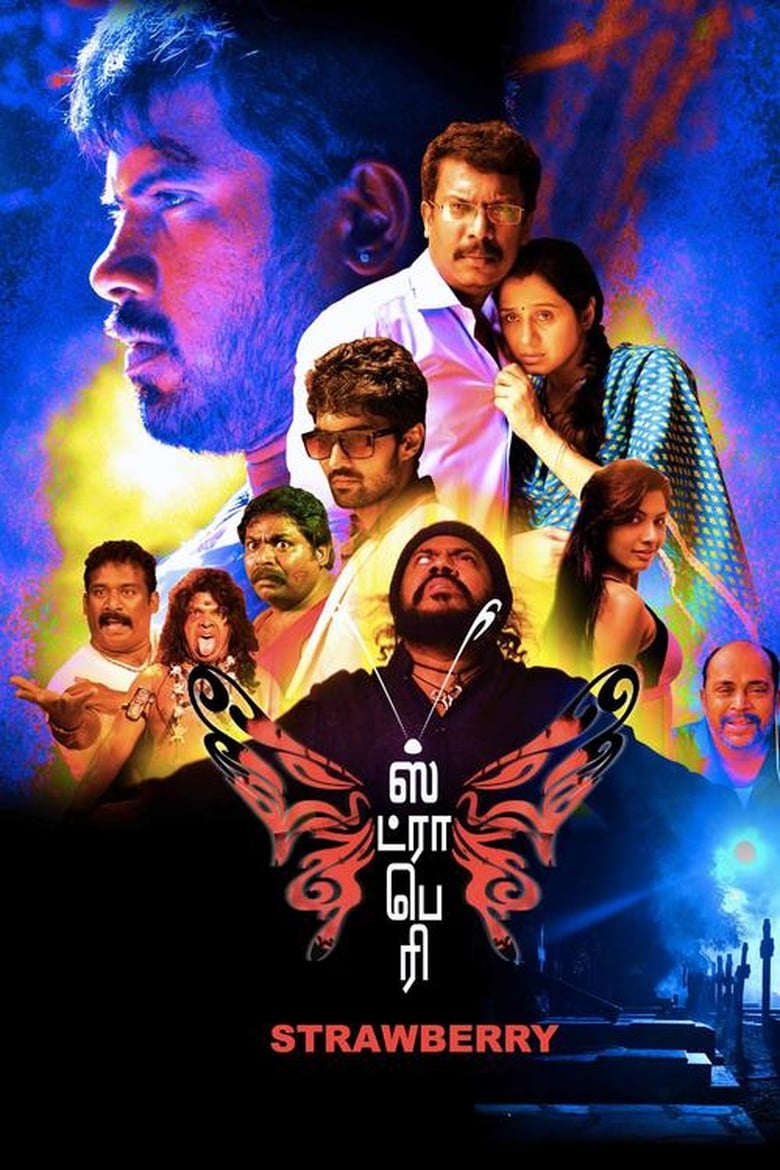
Strawberry
A taxi driver is befriended by a medium who tells him that a spirit is trying to communicate with him. Who is this spirit and what does it want?

A taxi driver is befriended by a medium who tells him that a spirit is trying to communicate with him. Who is this spirit and what does it want?
Horror comedies are the trend today but Pa Vijhay, making his directorial debut, has tried to gives us a horror film overloaded with sentiments. The plot is a very familiar one, of a 'good' ghost that wants to take revenge. As is the formula in these kinds of films, where we — like the hero — are expected to be scared of the spirit initially, the first half chugs along with ominous shots, forbidding music cues and jump scares. There is Vikram Chand, a rich man, who flees the country after he learns that he is the target of the ghost. The action then cuts to Saravanan (Pa Vijhay), an ordinary taxi driver, who is approached by Milovina (Avani Modi) and her father D'Souza (Joe Malloori), who are researching the paranormal. We get to spout some mystic mumbo jumbo (Sample: Ghosts will try to get in touch with the last person they laid their eyes on before their death).
And then, in the second half, we get the answer to the 'why?'. We find out how Vikram is responsible for the death of Anu, a student in his school, and the emotional trauma of her parents (Samuthirakani and Devayani). We are preached about how private schools are cash-grabbing, heartless institutions which do not care for the safety of their students (complete with examples of the Kumbakonam fire tragedy and the death of a schoolboy in the swimming pool among others). And after every amount of sentiment has been milked for, the film finally decides to show us how the villain gets his retribution (a bit about a butterfly is the only novelty here).
Strawberry could have been mildly engaging if only it had released some five years ago. Given the amount of horror films that Tamil movie audiences have been exposed to during this period, the film feels utterly redundant. The filmmaking, too, isn't interesting, and depends on done-to-death cliches — moody skies, pouring rain, tacky visual effects and high-pitched music, supported by bland performances. Then, there are also unnecessary songs and comedy sequences (one involving Mayilsamy is plain irritating). The film tries to make up for all these deficiencies by taking the moral high ground and coming down hard on an easy target — the private educational institutions. The best thing one say about it is that there is a basic level of competence with which the whole thing has been put up and that gives us a reason to sit through the whole thing.